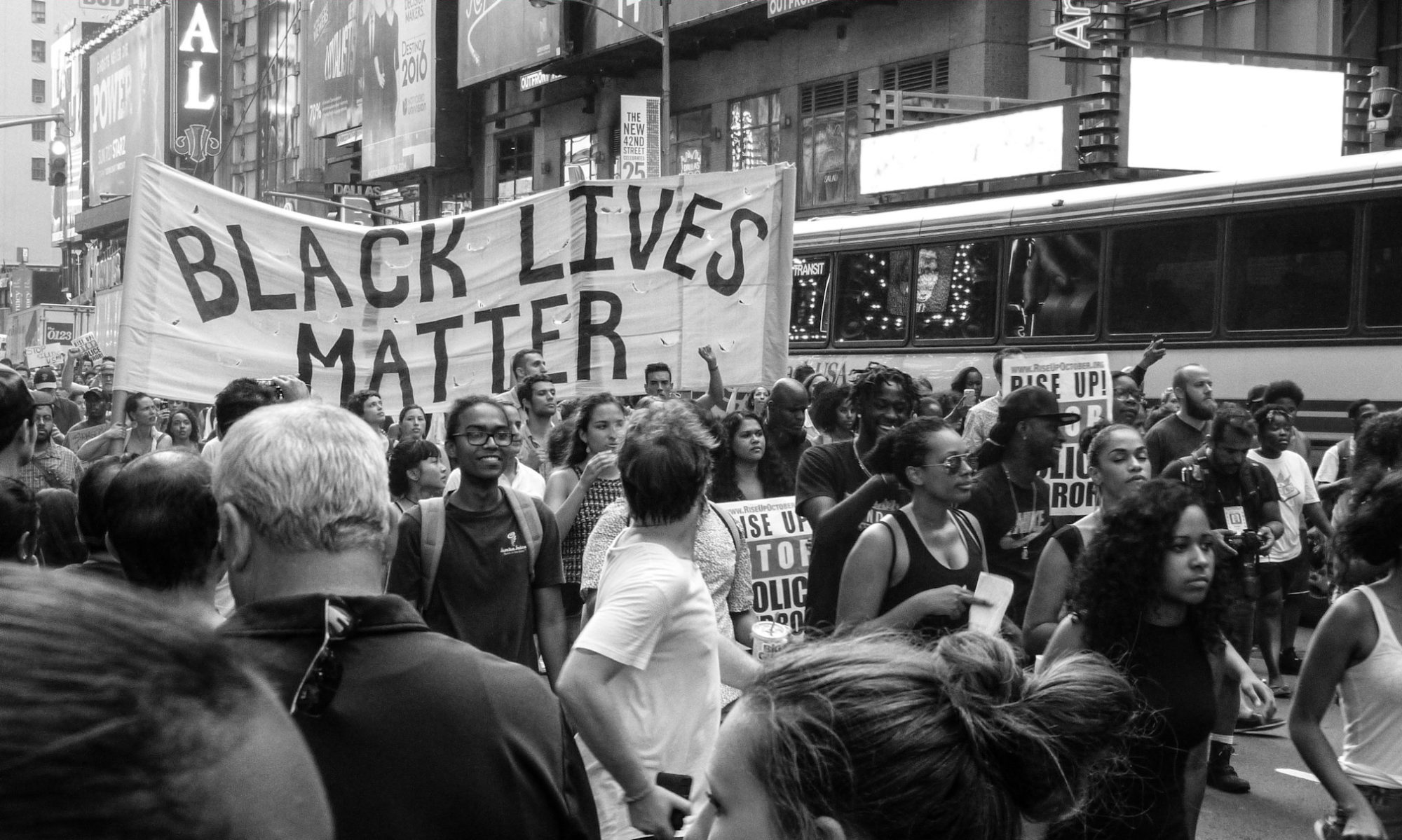On 07/01/2026, a forest fire started in Sudan, Ethiopia, until 13/01/2026.
Orange flood alert in Mozambique
Eldey Volcano Volcanic Ash Advisory: ELDEY OBS VA DTG: 13/1438Z

Volcanic Ash Advisory Center London (VAAC) issued the following report:
FVXX01 at 15:07 UTC, 13/01/26 from EGRR
VA ADVISORY
STATUS: EXER
DTG: 20260113/1458Z
VAAC: LONDON
VOLCANO: ELDEY 371022
PSN: N6344 W02300
AREA: ICELAND
SOURCE ELEV: 70M AMSL
ADVISORY NR: 2026/001
INFO SOURCE: IMO
ERUPTION DETAILS: ELDEY
OBS VA DTG: 13/1438Z
OBS VA CLD: NOT AVBL VA NOT IDENTIFIABLE FM SATELLITE DATA WIND
FL100/FL200 100/15KT
FCST VA CLD +6 HR: 13/2038Z NOT AVBL
FCST VA CLD +12 HR: 14/0238Z NOT AVBL
FCST VA CLD +18 HR: 14/0838Z NOT AVBL
RMK: PLUME HEIGHT REPORTED AS 16 KM.
NXT ADVISORY: NO LATER THAN 20260113/1600Z
=
South Korea: Death penalty call for ex-President Yoon a step backward for human rights
Responding to prosecutors seeking the death penalty for former South Korean President Yoon Suk Yeol over his imposition of martial law in December 2024, Amnesty International’s Chiara Sangiorgio said:
“No one is above the law, including a former president, but seeking the death penalty is a step backward. The death penalty is an inherently cruel, inhuman and irreversible punishment that has no place in a justice system that claims to respect human rights.
“Yoon’s imposition of martial law in December 2024 placed fundamental human rights at risk and has prompted prosecutors to seek his execution. While accountability is essential, pursuing the death penalty undermines the very principles of rights and human dignity that the rule of law is meant to protect.
“As a state party to the International Covenant on Civil and Political Rights, South Korea should move toward abolition of the death penalty.”
Background
Former South Korean President Yoon is accused of leading an insurrection over his declaration of martial law in December 2024. The move was met with mass protests, and lawmakers forced their way into the National Assembly to vote to lift the martial law order within hours. Yoon was subsequently impeached and removed from office by the Constitutional Court.
Amnesty International opposes the death penalty unconditionally, in all circumstances.
The post South Korea: Death penalty call for ex-President Yoon a step backward for human rights appeared first on Amnesty International.
Sri Lanka: OHCHR report must spur government action on accountability for conflict-related sexual violence
Responding to a new report by the Office of the High Commissioner for Human Rights (OHCHR) on accountability for conflict-related sexual violence committed in the context of Sri Lanka’s internal armed conflict, Smriti Singh, Amnesty International’s South Asia Director, said:
“This important report builds on findings by previous UN investigations and highlights conflict-related sexual violence occurring well after the end of the internal armed conflict in 2009, citing incidents reported as recently as in 2024. The publication of the report must act as a clarion call for Sri Lanka’s government to finally deliver justice and accountability for the thousands of survivors of conflict-related sexual violence.
“It reaffirms the widely-known truth that sexual violence against members of the Tamil community was ‘deliberate, widespread, and systemic.’ It also rightly recognizes that some of these acts may have amounted to war crimes and crimes against humanity.
OHCHR’s findings further lay bare the failure of successive administrations to provide redress and the horrific impact it continues to have on survivors
Smriti Singh, Amnesty International’s South Asia Director
“OHCHR’s findings further lay bare the failure of successive administrations to provide redress and the horrific impact it continues to have on survivors. The new government committed itself to act, and the president himself declared: ‘If we fail to deliver justice, who else will?’ It’s time these words are translated into action.
“We urge the authorities to heed the many useful recommendations in this report to end impunity and publicly commit to a timeline to implement long overdue steps that ensure the swift realization of truth, justice and reparations.”
Background
The OHCHR report, available here, states that acts of conflict related sexual violence “were employed as a strategic tool to extract information, assert dominance, intimidate individuals and communities, and instil a pervasive climate of fear and humiliation. Such violations were institutionally enabled, and disproportionately targeted conflict-affected communities”.
The report emphasizes that “Sri Lanka is obligated to prosecute perpetrators of sexual violence in conflict, including those who ordered, aided, or failed to prevent such acts through command responsibility.”
The post Sri Lanka: OHCHR report must spur government action on accountability for conflict-related sexual violence appeared first on Amnesty International.
